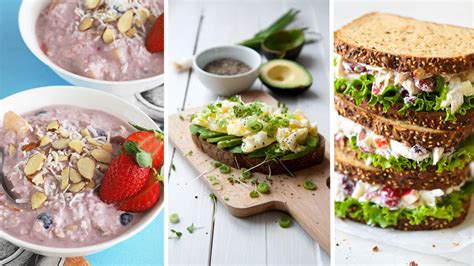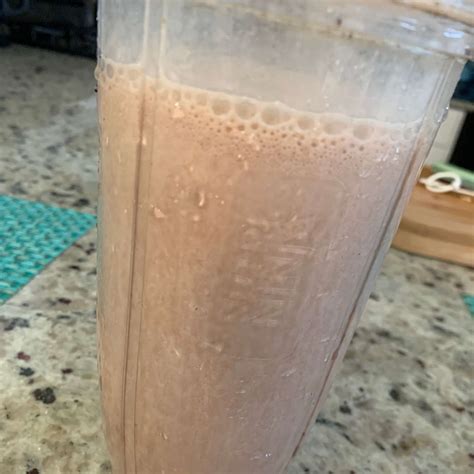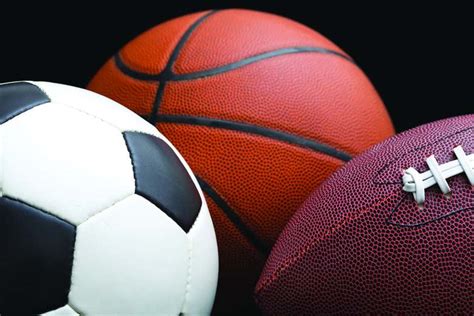Ideal pre/post-workout nutrition for peak male performance & recovery?

For men dedicated to pushing their physical limits, whether in the gym, on the field, or during endurance training, nutrition isn’t just about fueling the body; it’s about optimizing performance, accelerating recovery, and unlocking peak potential. The strategic intake of nutrients before and after exercise can significantly impact energy levels, muscle growth, strength gains, and overall well-being. This guide delves into the core principles of pre and post-workout nutrition tailored for male athletes and fitness enthusiasts.
Pre-Workout Fuel: Preparing for Peak Performance
What you eat before your workout sets the stage for how effectively your body will perform. The primary goals of pre-workout nutrition are to provide sustained energy, prevent premature fatigue, and minimize muscle breakdown during exercise. Timing and macronutrient composition are key.

The Right Macronutrients Before Exercise
- Carbohydrates: These are your body’s primary fuel source. Complex carbohydrates (oats, whole-wheat bread, sweet potatoes) provide sustained energy, while a small amount of simple carbohydrates (banana, fruit juice) can be beneficial closer to your workout for quick energy. Aim for 1-3 hours before your session.
- Protein: A moderate amount of protein before training can help reduce muscle damage and promote muscle protein synthesis. It also contributes to satiety. Think lean protein sources like chicken breast, Greek yogurt, or a protein shake.
- Fats: While essential for overall health, fats slow down digestion. Keep pre-workout fat intake low to avoid digestive discomfort and ensure nutrients are readily available for energy.
Examples: A bowl of oatmeal with berries and a scoop of protein powder, a turkey sandwich on whole-wheat bread, or a banana with a small handful of almonds (if consumed further out from the workout).
Post-Workout Recovery: Rebuilding and Replenishing
The period immediately following your workout is crucial for recovery, muscle repair, and growth. Your body is primed to absorb nutrients, making post-workout nutrition a critical component of your fitness strategy. The focus here shifts to replenishing glycogen stores and providing the building blocks for muscle repair.

Maximizing the “Anabolic Window”
While the concept of a strict “anabolic window” (consuming nutrients within 30-60 minutes post-exercise) has been debated, it’s still good practice to consume a nutrient-rich meal or shake shortly after your workout. This helps kickstart the recovery process, especially after intense or prolonged training.

Key Nutrients for Post-Workout Recovery
- Carbohydrates: Replenishing muscle glycogen stores is paramount, especially after high-intensity or endurance workouts. Faster-digesting carbohydrates (e.g., white rice, potatoes, fruit, sports drinks) are ideal here, as they rapidly restore energy levels.
- Protein: Essential for muscle repair and growth. Aim for high-quality protein sources rich in essential amino acids, particularly leucine. Whey protein, chicken, fish, eggs, and Greek yogurt are excellent choices. A general guideline is 20-40g of protein.
- Hydration and Electrolytes: Don’t forget to rehydrate! Water is vital, and if your workout was particularly sweaty, consider an electrolyte-rich beverage to replace lost minerals.
Examples: A protein shake with banana and oats, grilled chicken with sweet potato and vegetables, Greek yogurt with fruit, or scrambled eggs on whole-wheat toast.

The Role of Hydration and Supplements
Hydration: The Unsung Hero
Adequate hydration is critical before, during, and after exercise. Dehydration can impair performance, reduce strength, and slow down recovery. Sip water consistently throughout the day and increase intake around your workouts.
Supplements: An Optional Edge
While a solid foundation of whole foods is paramount, certain supplements can complement your nutrition strategy. Creatine monohydrate is widely researched and proven to enhance strength and power. BCAAs (Branched-Chain Amino Acids) may help reduce muscle soreness, though their effectiveness is often debated if adequate protein intake is maintained. Always consult a healthcare professional or registered dietitian before adding supplements to your regimen.

Tailoring Your Nutrition for Individual Needs
It’s crucial to remember that general guidelines are just that – guidelines. Your ideal pre and post-workout nutrition will depend on several factors: the intensity and duration of your workout, your body composition goals (e.g., muscle gain, fat loss), your individual metabolism, and any dietary restrictions. Experiment, listen to your body, and consider consulting a sports nutritionist to fine-tune your approach.
Conclusion
Strategic pre and post-workout nutrition is a cornerstone of peak male performance and efficient recovery. By providing your body with the right fuel before exercise, you optimize energy and minimize breakdown. By prioritizing nutrient replenishment afterward, you accelerate repair, promote muscle growth, and prepare for your next challenge. Consistently applying these principles, alongside proper hydration and a balanced overall diet, will undoubtedly elevate your fitness journey and help you achieve your desired results.









